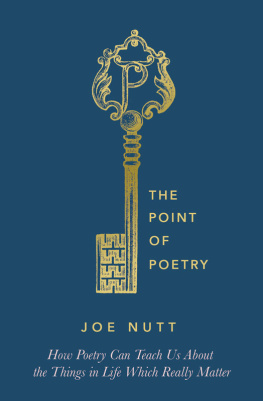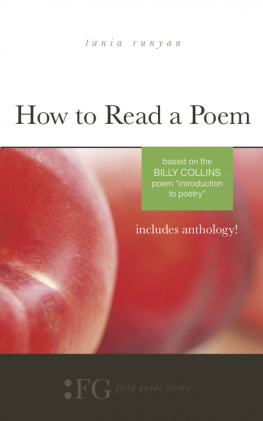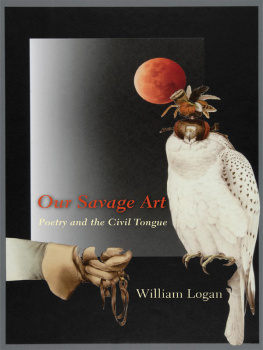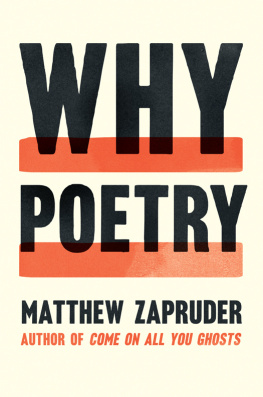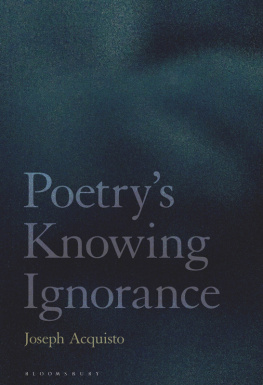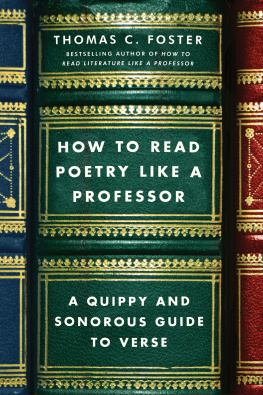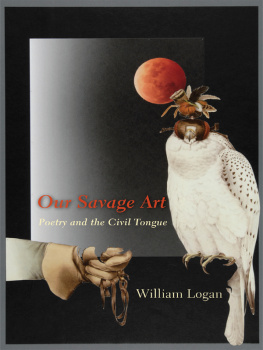
For Claire, who inadvertently gave me the idea,
and for all those who have supported the book so generously
Contents
William Shakespeare
Foreword
Every Saturday morning as a child, I would climb on a bus and take a twenty-minute journey into the centre of a small Midlands town to visit the local library. Library cards, small rectangles of pastel-coloured cardboard tucked into a little wallet inside any book you wished to loan, were priceless tickets to different places, journeys only made possible because of the books stacked so neatly on those polished wooden shelves. Those cards were precious. The first responsibility I ever carried. The best part of the entire morning would be taken up reading and browsing, often kneeling on the hard parquet floor surrounded by a small heap of books, until a final choice was made and I climbed back on a bus clutching a new batch of books. To this day I have to drag myself out of any bookshop. There is something deliciously seductive about all those book spines staring at you, all the unknown worlds trapped between those hidden covers. Reading fiction is the closest you or I will ever get to time travel.
Those early books were a complete mishmash. I was as fascinated by books about practical things sport, the countryside, flags and knots as I was by fiction. It wasnt until early in my secondary schooling that I was properly and skilfully introduced to poetry. Like most children, I knew what verse was, of course, through nursery rhymes and songs, but this unique form of human expression, poetry, was entirely new to me, and in the hands of some skilled teachers I realised, from those initial lessons, that it mattered.
This book is for all those who never got it, those hordes of metrophobes who are perfectly happy living in cities or travelling by Tube but who, for whatever reason, poetry passed by like a bad Samaritan. Most will never even know they suffer from this common ailment, that metrophobia has nothing to do with cities or underground railways and is simply a fear of poetry. I was lucky. In my case, good teaching led to studying English literature at university, two decades teaching the subject in schools and writing books about arguably the three greatest English poets: William Shakespeare, John Donne and John Milton. But my career has been shared between schools and business, and the business half has brought me into contact with hundreds of educated, intelligent, successful adults for whom poetry remains almost anathema. Make the slightest allusion to it in conver-sation over a drink at a hotel bar, any evening after youve all finished sitting through meetings, editing a pack of slides or juggling figures on a spreadsheet, and you will see the fear twinkle in their eyes.
This book doesnt seek to complain about that, or to discuss the reasons why it happens. Instead what it aims to do is to show all those left sitting bruised and battered on the roadside when poetry passed them by at school what theyve been missing. Thats why I called the book The Point of Poetry .
When I taught, I inevitably found myself facing questions about what poetry was. Children like to categorise. It makes them feel safer and poetry is one of the things they struggle with. A poem is not quite a song and not quite a story. It doesnt look like anything most children are used to seeing on a page, yet its in exactly the same language as every other lesson and textbook. Even mediocre poetry is dense and difficult. Children cant resist an urge to know what a poem means . At first I would answer their questions with the usual range of tactics and responses any English teacher would employ: for example, I stressed poetry was something you needed to hear aloud and listen to. But after some years, appreciating that what they needed was something to latch on to, I added something of my own. Poetry, I would say, is all about economy. Poets pack meaning into few words. No other kind of writer does this. Poems are like fireworks stuffed full, not with exotic chemicals, but with ideas. When you read them, you light the touchpaper. This book is all about lighting the touchpaper.
In it I have chosen a number of famous and not so famous poems. They stretch from Shakespeare to the present day, although instead of chronological order, Ive used my teaching experience to link one poem to the next. So although looking back, a reader might be able to discern an overall movement from easy to difficult, from short to long poems, hopefully what you will feel as you read the book is a sense of growing confidence and excitement, which comes from the connections between poems and poets. Knowledge isnt built on sand, and secure steps in the right direction are better than leaps in the dark. Midway through the book you may find the journey even becomes a little bumpy where Ive included two or three contemporary poems that are not easily enjoyed without facing up to some difficult hurdles for any reader. This is deliberate because it would be deceitful of me to encourage you to read and delight in poetry but only offer you poems I personally admire and value. If you accept my invitation, and I hope you do, you will inevitably read some poetry that disappoints you. In some ways its how you react to that experience, what you stand to gain from it, that is even more valuable and significant than the pleasure to be had from reading poetry that simply delights.
There are plenty of poets who dont just toss a gauntlet down; they take a firm grip on it before whacking it across your cheek with audible relish. You can offer them the other cheek if you wish. Personally, I prefer to pick the gauntlet up, because its then that poetry begins to impact on the language that you use and even the life that you lead. Its that intense, often provocative engagement with the way language is being used by someone else that allows you to develop and refine your own word management. We are what we eat may be how other people see us. Its what we say and what we write that determines how they feel about us.
Although many of the poems are reproduced, most of the contemporary ones are not and this is definitively not a book of literary criticism for the kind of student expecting someone else to dissect specific poems word by word for them. Thats why, where they are reproduced, they appear at the end of a chapter, not the beginning. By that time, my hope is, you will be just itching to read them.
Some you may have heard of, others, almost certainly not, but for each poem I have used the same simple process of taking it as the starting point for an essay about the world we all know and live in today. Thats what happens when you light the touchpaper. The poem ignites something in you about in the world you personally inhabit, the space you occupy in history and the people you have shared irreplaceable hours with. If any of these essays amuse, entertain, enlighten or delight you, then I will have done my job. But if they send you rushing to the end in search of the poem, to light its touchpaper for yourself, then I will quietly and secretly rejoice.
One
Sonnet 18
(1609)
Shall I compare thee to a summers day?
William Shakespeare (15541616)
The first Elizabethans took poetry, like religion, seriously. English was just beginning to establish itself as a language worthy both of art and its sly sibling, diplomacy. Latin was still the language of scholarship and international relations, but with the help of less courtly, regional men like Shakespeare, English was making leaps and bounds.
Shakespeare penned a whole bundle of sonnets, poems of fourteen lines with a set pattern of rhyme conventionally used by male poets in Europe to express love, which life experience suggests is often nothing more than an adolescent crush or feverish lust. Shakespeare scholars have built entire careers around analysing these poems and, especially, arguing over who they were written for, because in the world of the Elizabethan court, poetry was frequently written and sent to real people to impress them and gain their patronage, even, on occasion, to seduce them. John Donne famously had to ask his friends for some of his poems back because he didnt keep copies. Why would he?
Next page
